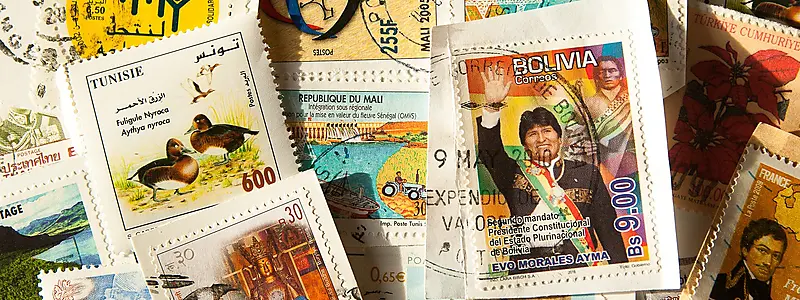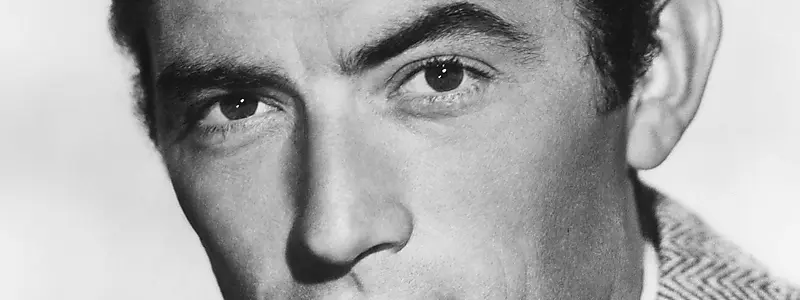Hot take: Anyone who does not think Christmas is the greatest holiday is weird. Actually, I want you out of my life, right now, forever. The irrefutable, and objectively correct, truth is that Christmas is the best. For writers in all genres, it has long been a lair for inspiration, especially in fiction. The rich tapestry of traditions, emotions, and imagery it offers serves as a backdrop that can enrich narratives in countless ways. From the warmth of family gatherings to the chill of a snow-laden night, Christmas offers a versatile backdrop that readers can relate to — no matter where they are in the world.
Christmas is a popular time for romance books — the perfect setting for love to take hold. If you doubt me, consult The Hallmark Channel. The holiday’s themes of giving, forgiving and starting over align nicely with love stories. The intimate atmosphere of snow-covered landscapes and firesides allows characters to connect at a deeper level. Books like One Day in December by Josie Silver will capture the serendipitous aspects of love over the holidays, with Christmas as the catalyst for fateful meetings and sincere confessions.
Mystery and crime novels, too, have a unique ally in the season of Christmas. I believe most of us as youngsters have snuck out of our quarters, played the “shake the present” game trying to figure out what is inside a brightly wrapped present. That’s a mystery of sorts. OK… just go with it. The juxtaposition of holiday merriment with the subtext of a mystery adds further dimensions of interest. Agatha Christie’s Hercule Poirot’s Christmas is a good example of this, the jolly holiday atmosphere turns into the framework of unravelling dark secrets, and pungent crime solving. This contrast of festive cheer hanging over nefarious plots adds to the tension and keeps the reader on their toes.”
For a time there it felt like there was more Christmas-themed slasher movies being released than the sugary sweet ones. Christmas has room for subversion and doesn’t shy away from horror. The familiar emblems of joy and goodwill are subverted to elicit fear and discomfort. Stories such as NOS4A2 by Joe Hill turn Christmas into all but a haunting, in which the holiday’s tropes are tools of horror. This subversion toys with the reader’s expectations, making the horror elements hit harder.
Christmas is reimagined in all kinds of inventive ways in fantasy and science fiction novels. Incorporating the holiday into otherworldly settings or futuristic societies allows authors to explore themes of hope and unity writ large. Terry Pratchett’s Hogfather, one of his Discworld novels, the Christmas equivalent serves as a vehicle for satirical commentary and fantastical adventure. Right re-imaginings, such as these, give an author freedom while still trying to access the emotional heart of the holiday. This is my least-favorite Christmas-story genre, though I can only surmise that’s a minority (albeit 100% correct) opinion.
Christmas in historical fiction is an excuse to immerse readers in the customs and atmospheres of an earlier time. Love these. Deep dives into historical Christmas customs sprinkle the story with authenticity. Works like Charles Dickens’ A Christmas Carol don’t just shine a light on the social concerns of the day, they lock the Victorian Christmas spirit in time. Through careful narrative, these novels connect past to present, and speak to the enduring nature of the holiday’s themes.
Christmas appeals universally because it can capture multiple emotions and represent ideas that are intrinsic to the human experience. Love, redemption, fear, wonder — the season billows these themes, spiraling stories into their more relatable, profound manifestations. This is the reason to weave Christmas into your stories, to access an existing pool of collective consciousness, bringing your readers right into a fundamental world of tradition and (often) emotion.










